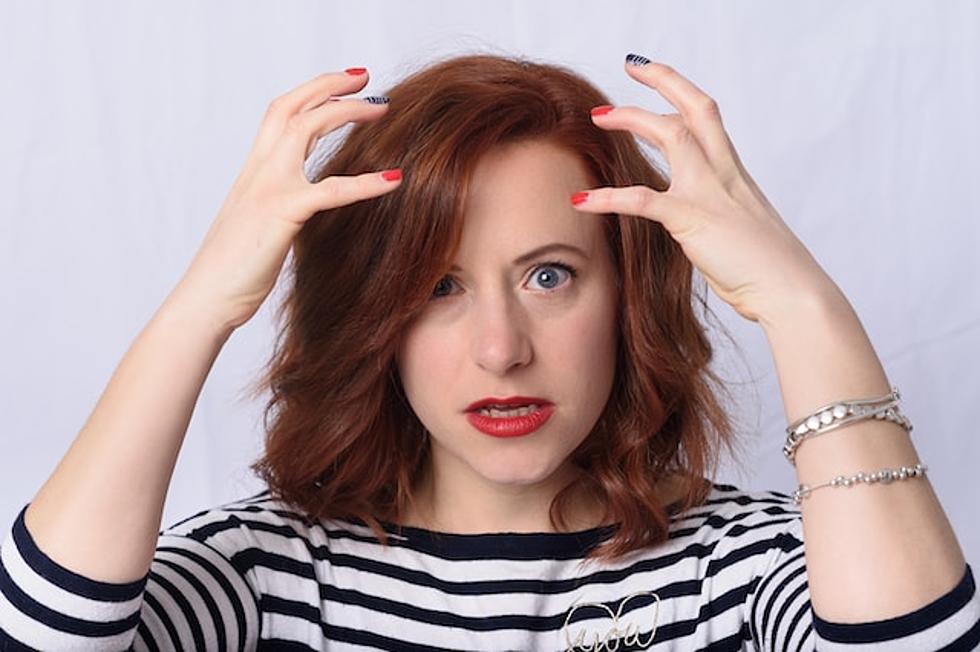
How To Stop Losing Things
Lost your keys again? Can't find your glasses? Most of us have experienced the frustration of running late when we can't find our phone, car keys, glasses or other important item. Apparently, we are not alone. One study finds Americans spend almost three days a year looking for misplaced items. The top misplaced item is the TV remote (more than 71% of us lose the remote at least once a month), closely followed by phones, car and house keys, glasses, and shoes! Moreover, we collectively spend $2.7 billion each year replacing items, and more than half of us are regularly late for work or school due to frustrating searches.
The reason we forget where we put these things is based on a concept called decay. In this concept, if we don't organize our thoughts or write down or rehearse where we put an item, such as an essential document, that information will be gone from our heads during the day as we have other things to worry about.
Another reason we forget things is due to a concept called interference. Like with the 2010 movie Inception, in which another memory is planted in someone’s head, interference occurs because we confuse something like a realistic dream with something that happened in reality. For example, “Did you tell me to do this the other day, or did I just imagine it?” So, to avoid spending hours of your life looking for lost items, use the time to collect thoughts, have a home for everything, and organize your life.
When we lose something, it is not only inconvenient; it can be time-consuming and distressing. In addition to having a home for everything, consider attaching remote finders, such as the tile app. Attach the small square to your keys and connect it to an app on your phone. You can also find your phone with an app on your computer, tablet, or smartwatch.
While the goal is to never lose anything, here are some tips from WikiHow on how to find something we lost.
Tip: Go slowly and carefully. Making the clutter worse will make it harder for you to find your missing object. Designate a clean area to place every item you’re searching so it doesn’t get mixed in with things that haven’t been checked yet.
Look under and around larger items. You might accidentally stack bigger objects on top of smaller ones, often without realizing what you’re covering up. Move objects off surfaces and check under them thoroughly to ensure your item isn’t caught underneath.
- For example, you might have set a stack of papers over your phone or tossed your keys near some jewelry that camouflages them perfectly.
Looking in Small Spaces
In the car: make sure to check the floor mats, under the seats, in the trunk, and in the space between the center console and the seats. You might even want to look on the roof; it can be easy to throw sunglasses, a drink, or even a phone up there and forget about it.
In a living room area: Look between sofa cushions or beneath couches and chairs. If you like to sprawl out, the item may have fallen out and gotten stuck.
Tip: Think about how big the item is and where it could fit without you realizing it. Don’t forget to check beneath cabinets, on crowded shelves, and the floor.
Check in small spaces to ensure the item hasn’t fallen or gotten stuck. You’ll often recover lost objects in the car, wedged into a sofa, or dropped in a corner on the floor. Narrow the recovery zone down to the most likely places—the last place you remember having the object and anywhere you may have taken it since—and look in every nook and cranny there.
More From Lite 96.9 WFPG









